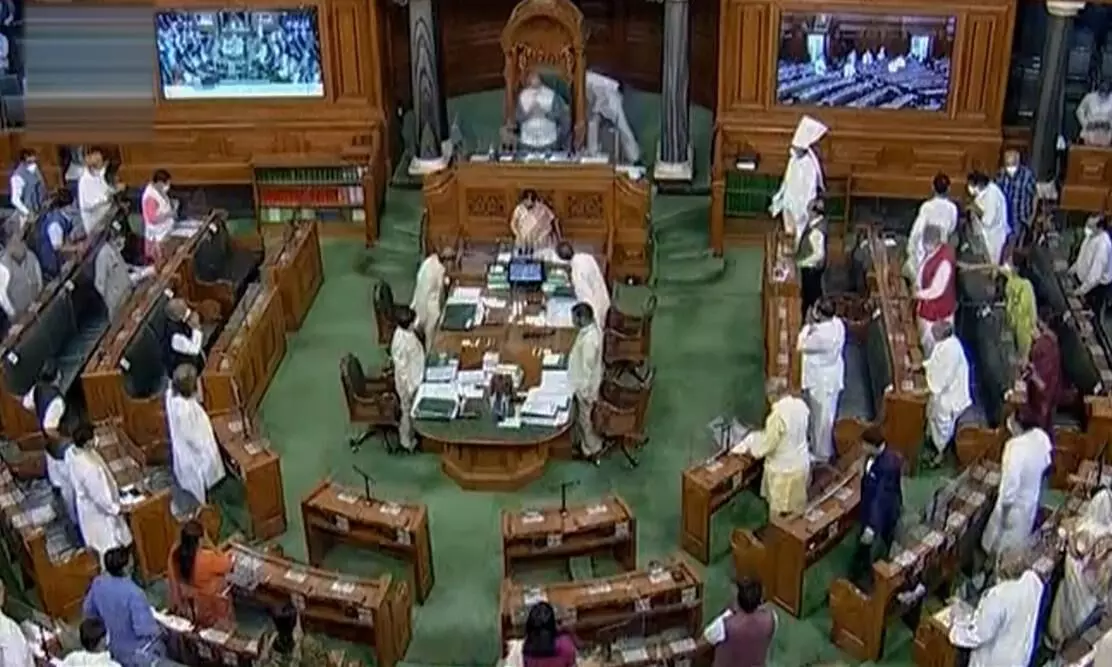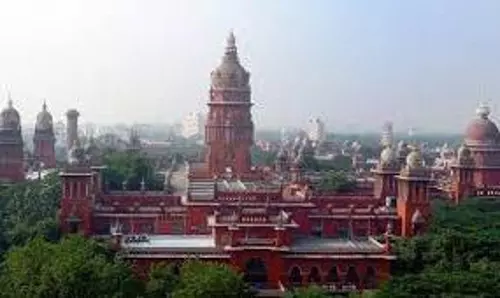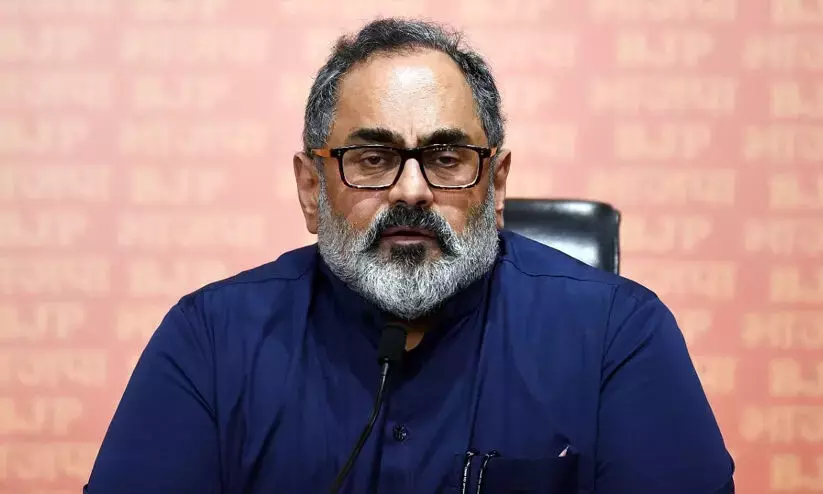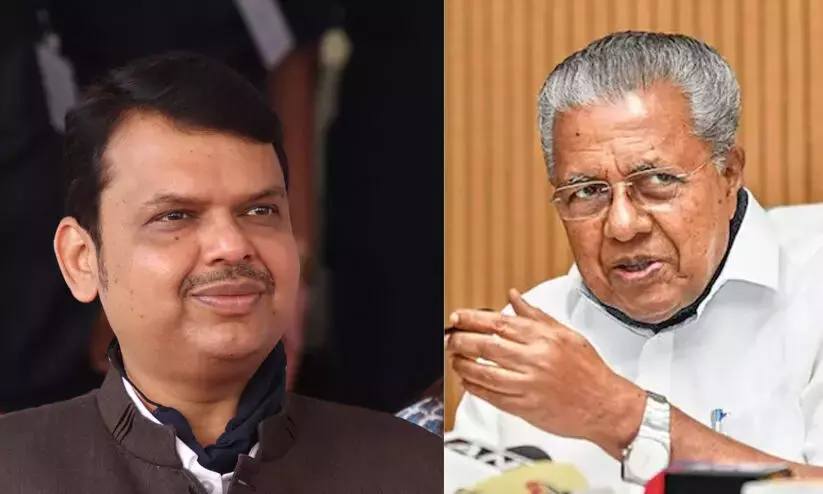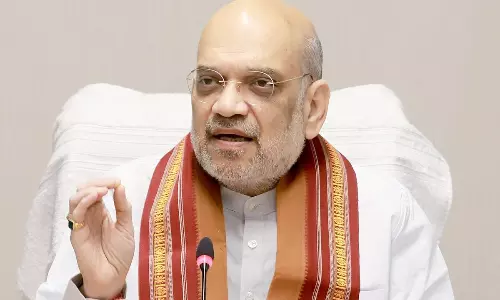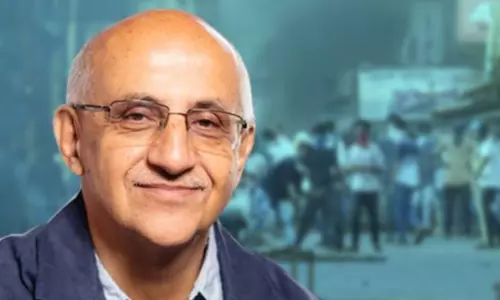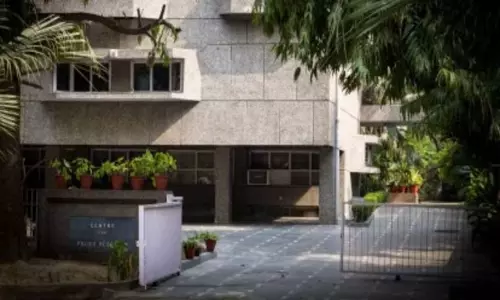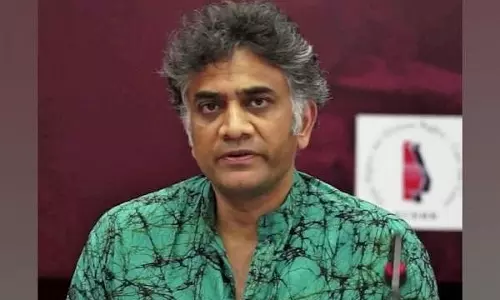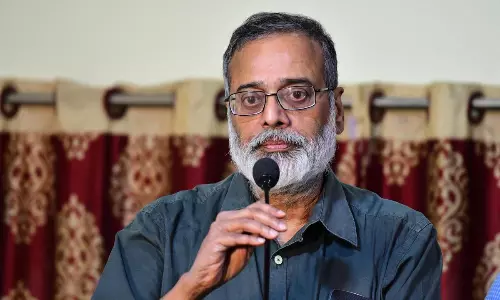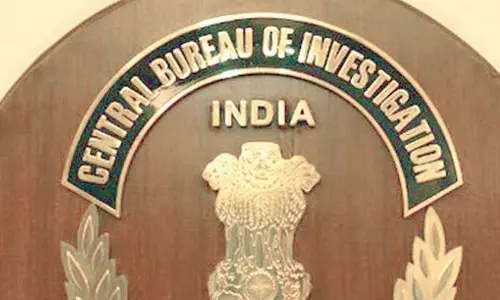
New FCRA Amendments stipulate fund receipts only via SBI Delhi accounts
text_fieldsRepresentational image
New Delhi: The amendments to the Foreign Contributions Regulation Act (FCRA), 2020 passed on Monday by the Lok Sabha, stipulate that a receiving entity has to hold an account with, and funds under the Act should be received only by, a branch in Delhi of State Bank of India. However, the so received funds can subsequently be routed thereafter from the SBI branch to the branch of any scheduled bank in the country.
Both accounts have to be dedicated FCRA accounts and no other funds should be credited to this account. The recipients are also bound to provide to the bank all particulars regarding the foreign contribution received.
The move is seen as another step to tighten controls on receipt of foreign funds by charities and non-government organisations, and to make it easier for the government to monitor the inflow and outflow of funds at the point one single state-owned bank.
During the debate in Lok Sabha about the bill, several members pointed out the practical hurdles for organisations situated in north eastern and southern states to open accounts in a bank in Delhi. But deputy home minister Nityanand Rai replied that provision will be made for such entities to open accounts in SBI Delhi even without their coming over to the capital.
The amendment also bars transfer of funds received to the account of any individual or institution with other bank accounts.
Aadhaar mandatory: Further, the amendment passed on Monday makes Aadhaar mandatory for the office bearers of the recipient organisations and institutions. Members questioned the propriety of the stipulation when the Supreme Court has directed that Aadhaar should not be made mandatory, but the minister answered that for purposes the government deems it necessary to insist on Aadhaar, it can be made compulsory.
However, though MP Vincent M Pala asked how those in Meghalaya, where distribution of Aadhaar is not yet complete, could comply with the requirement, the minister did not reply to the query.
Govt can prohibit funds utilisation: The amendment empowers the government to impose a prohibition on the use of funds, after examining any complaints regarding fund utilisation, and the government is not bound to wait till any violation is proved. As per current provisions, the government had the right to impose ban or restrictions on the utilisation of funds only after misuse is proven. In theory, this can mean that any frivolous complaint by any party opposed to the service of an FCRA organisation, can be used by the government as basis for banning receipt of donations, even without it being proved.
The government can also allow the voluntary organisations to surrender their FCRA certificates. Another amendment stipulates that only upto 20 per cent of income can be spent on administrative expenses, where at present it is 50 per cent.
Bar on public servants receiving contributions: Public servants have now been included among the categories of people who are not allowed to receive foreign contributions. Members of legislative assemblies, poll candidates, media, judges, government servants, and employees of government-owned undertakings are the categories that come under the current definition of public servants. During the debate, Mahua Moitra of Trinamool Congress asked why public servants were barred when political parties were free to receive foreign contribution and electoral bonds.





















